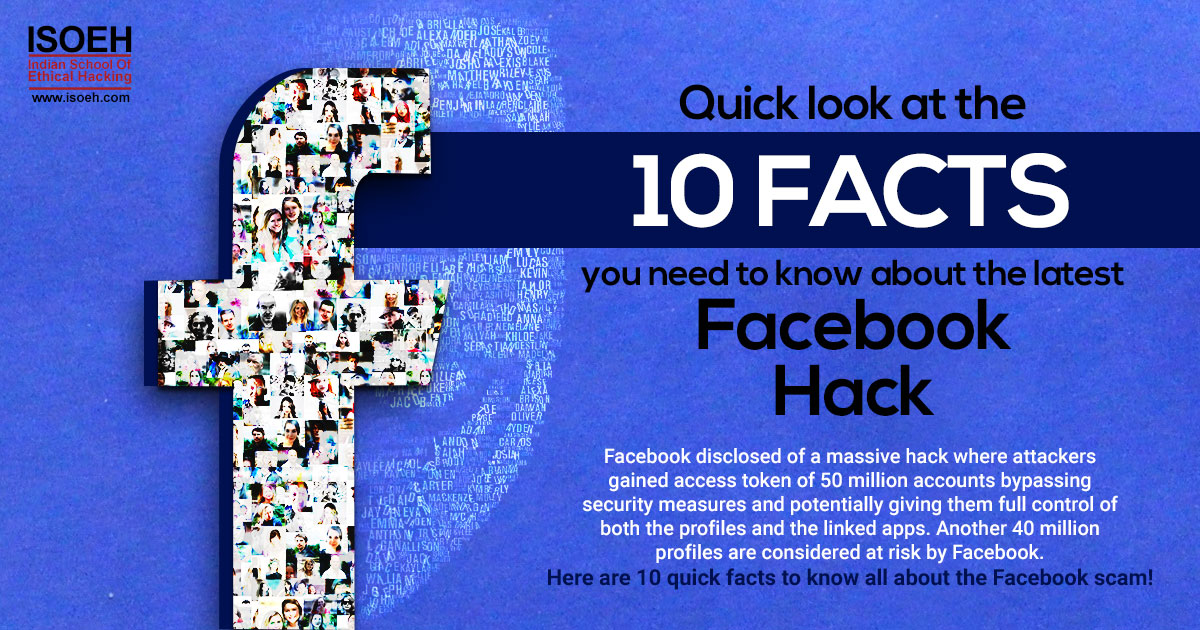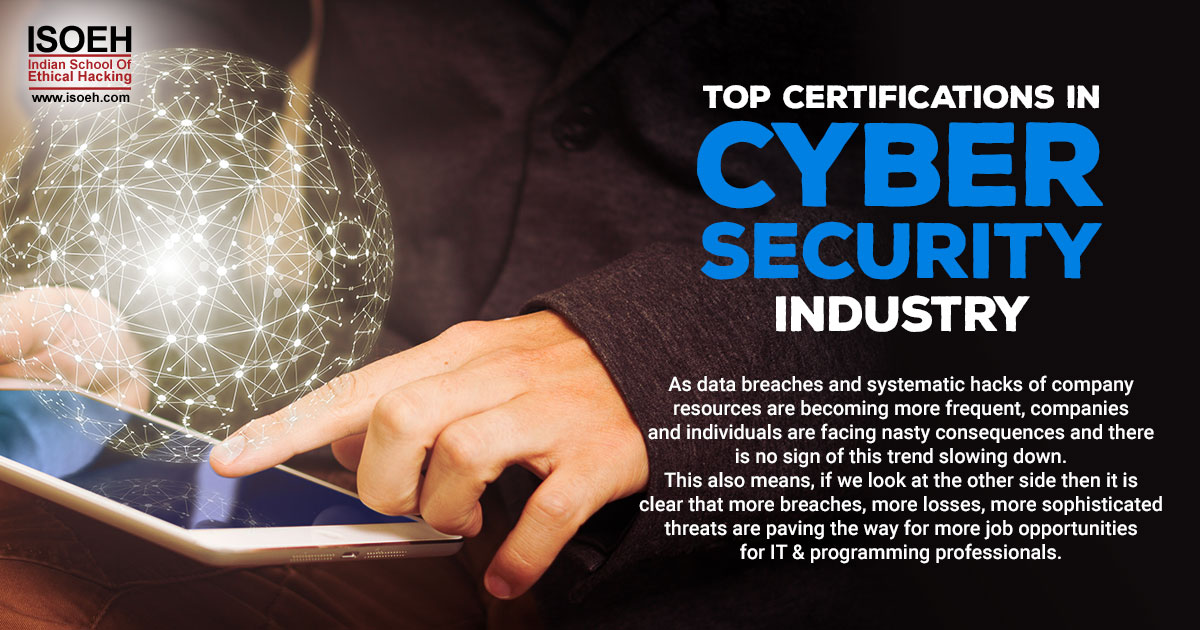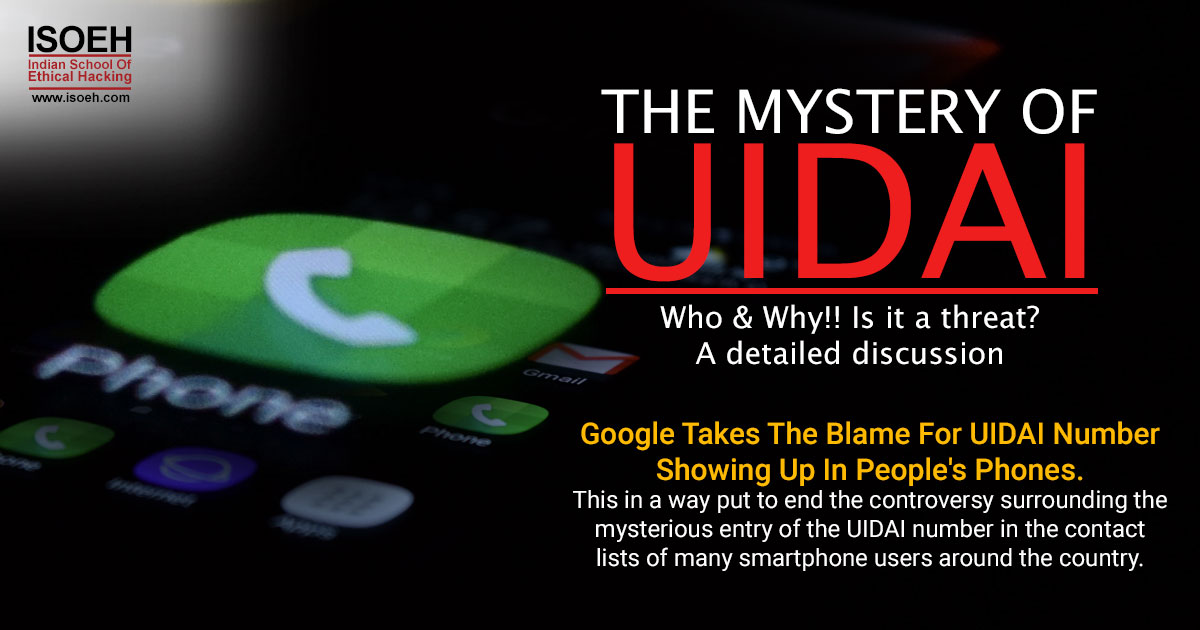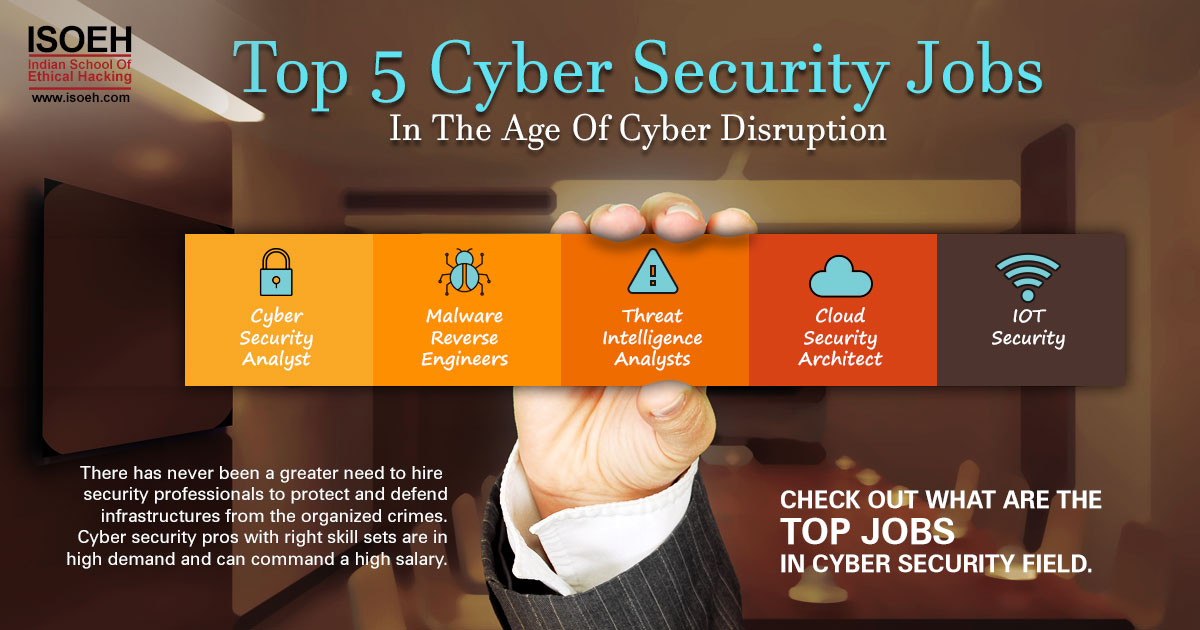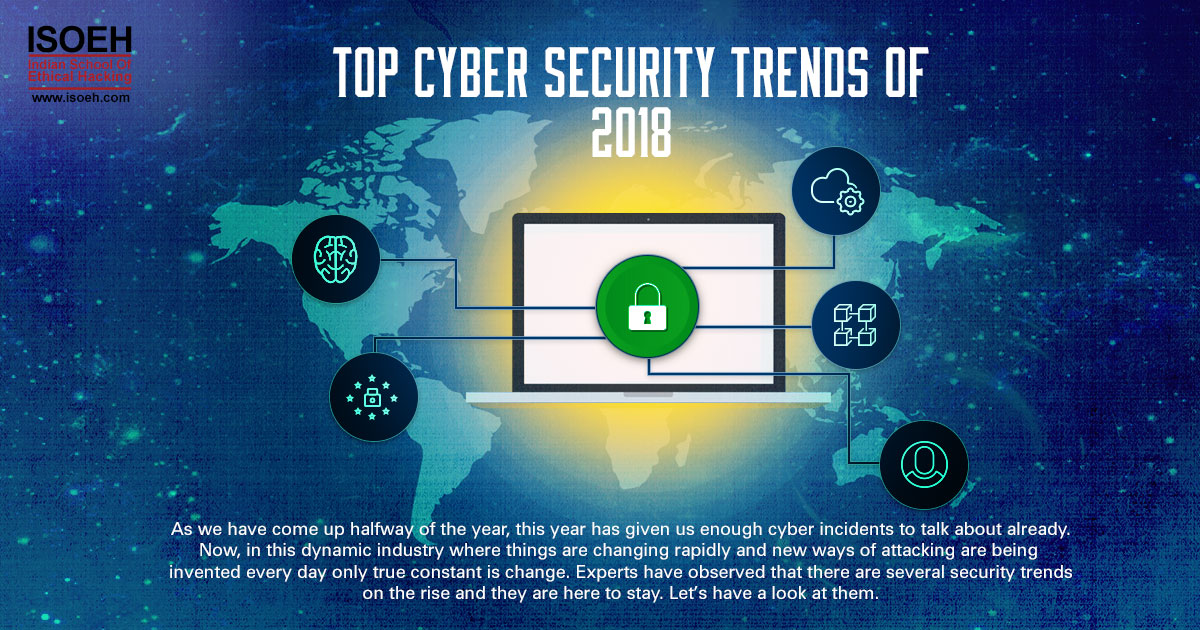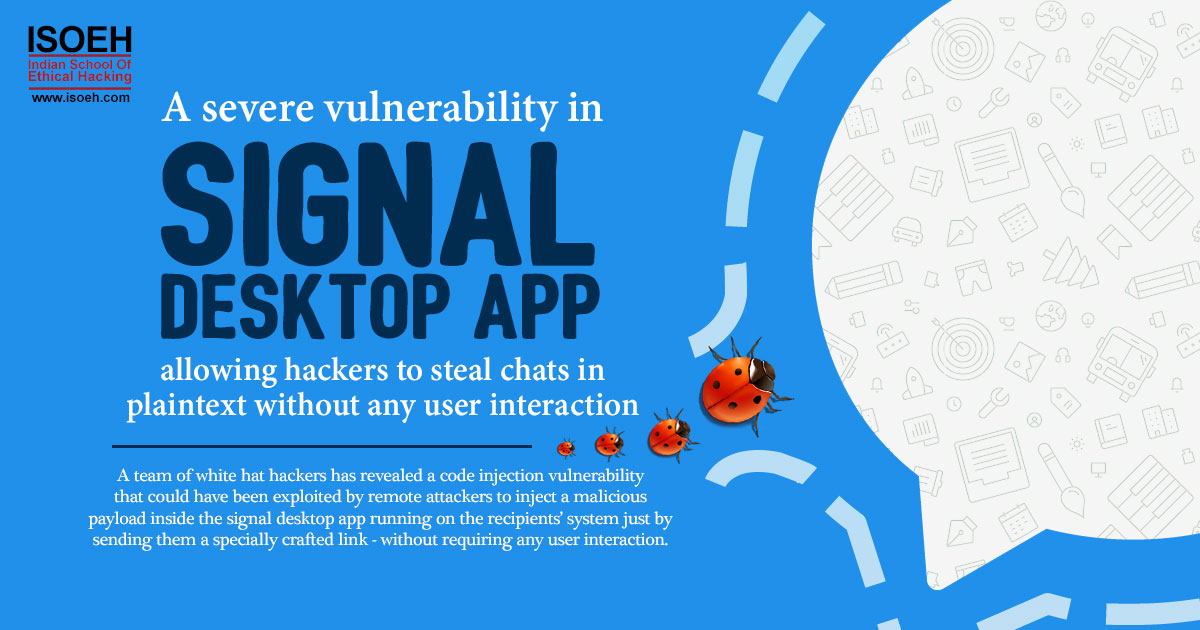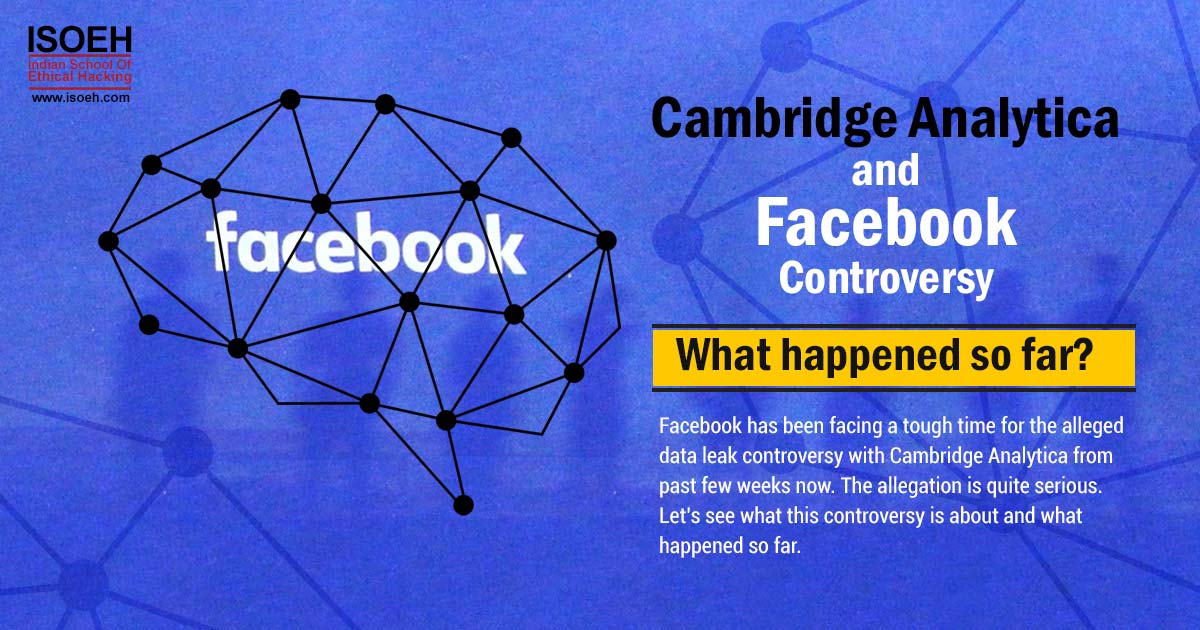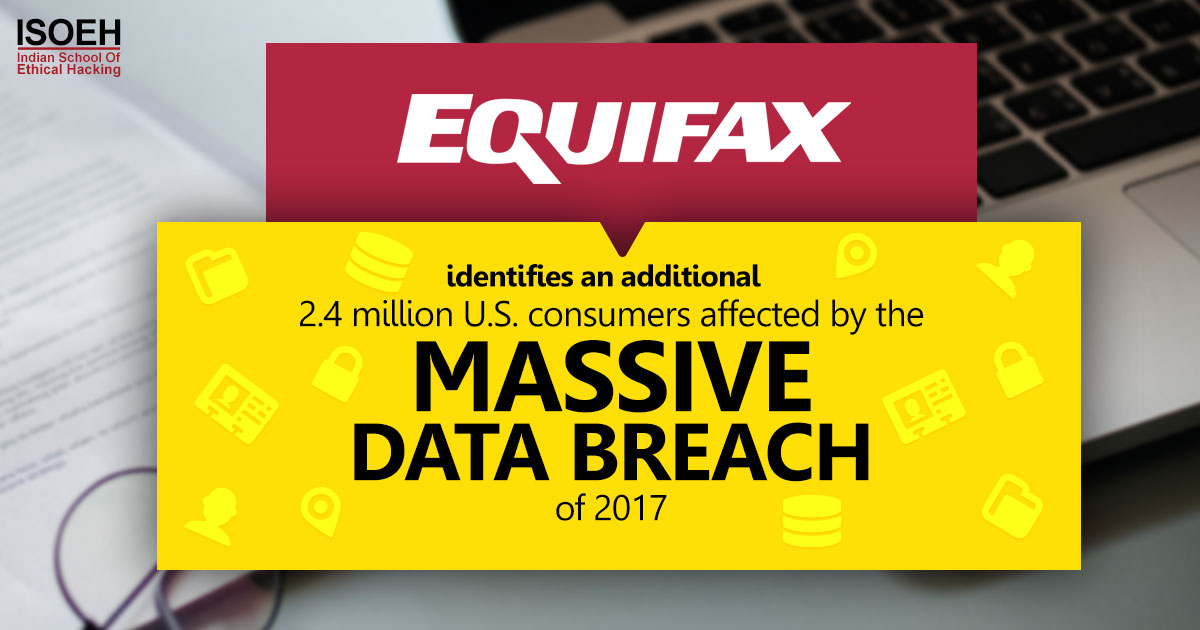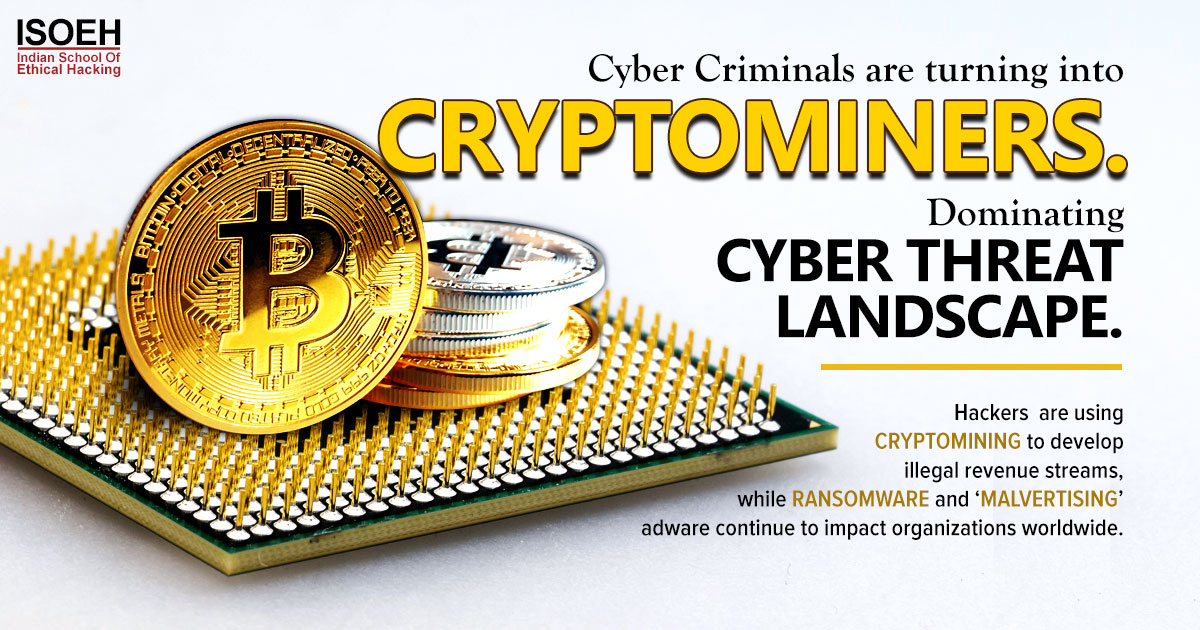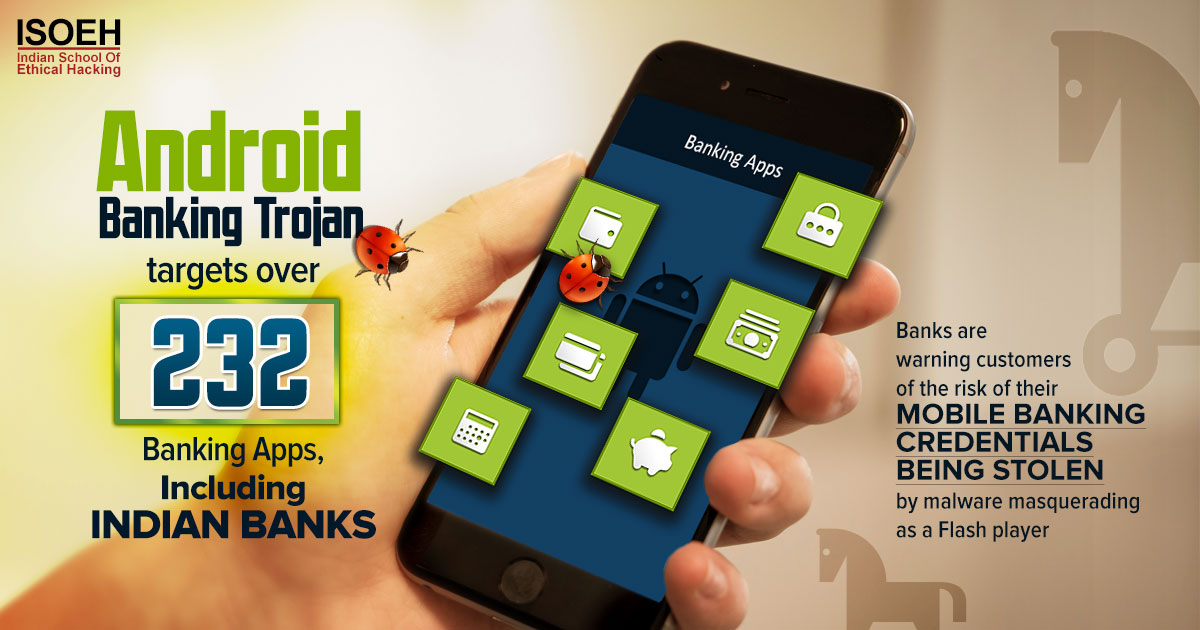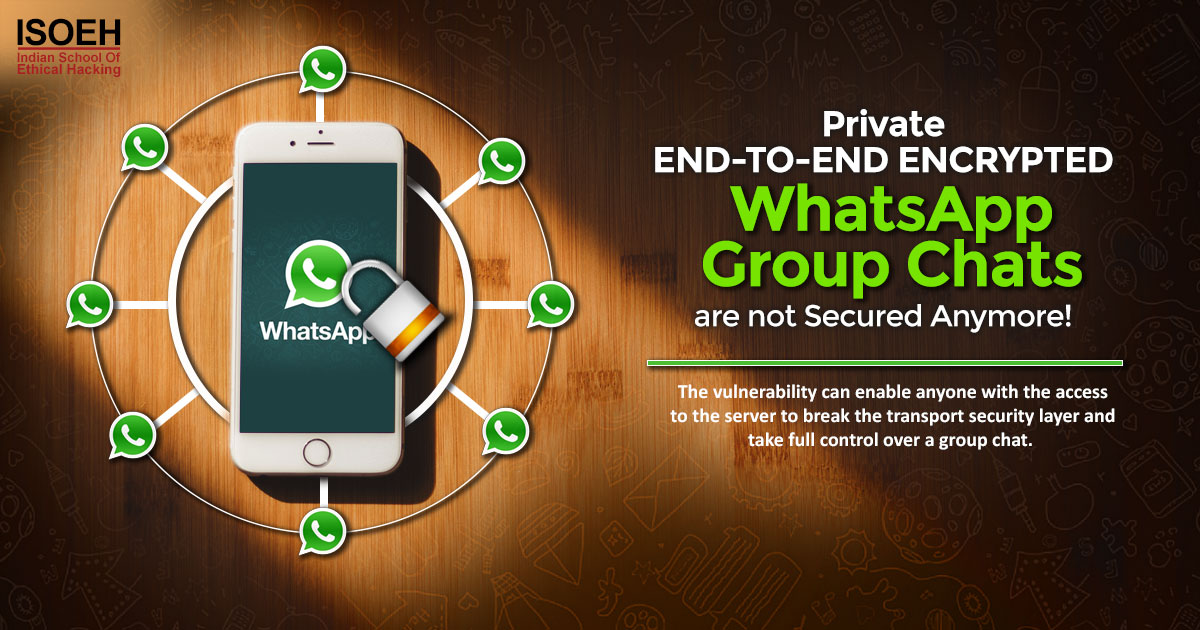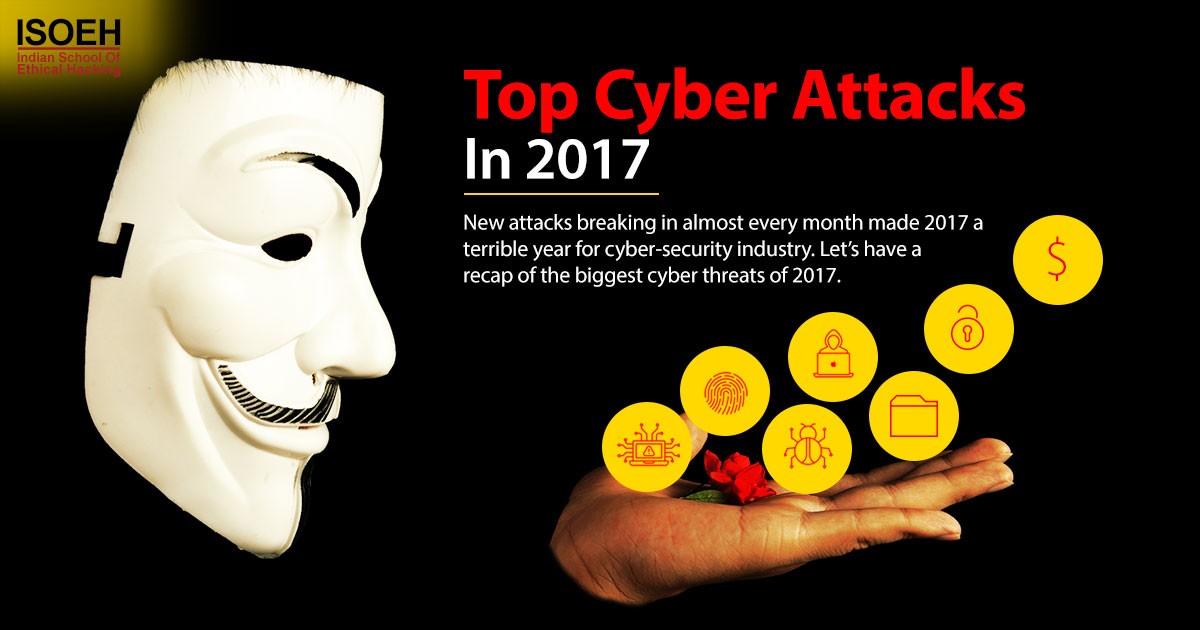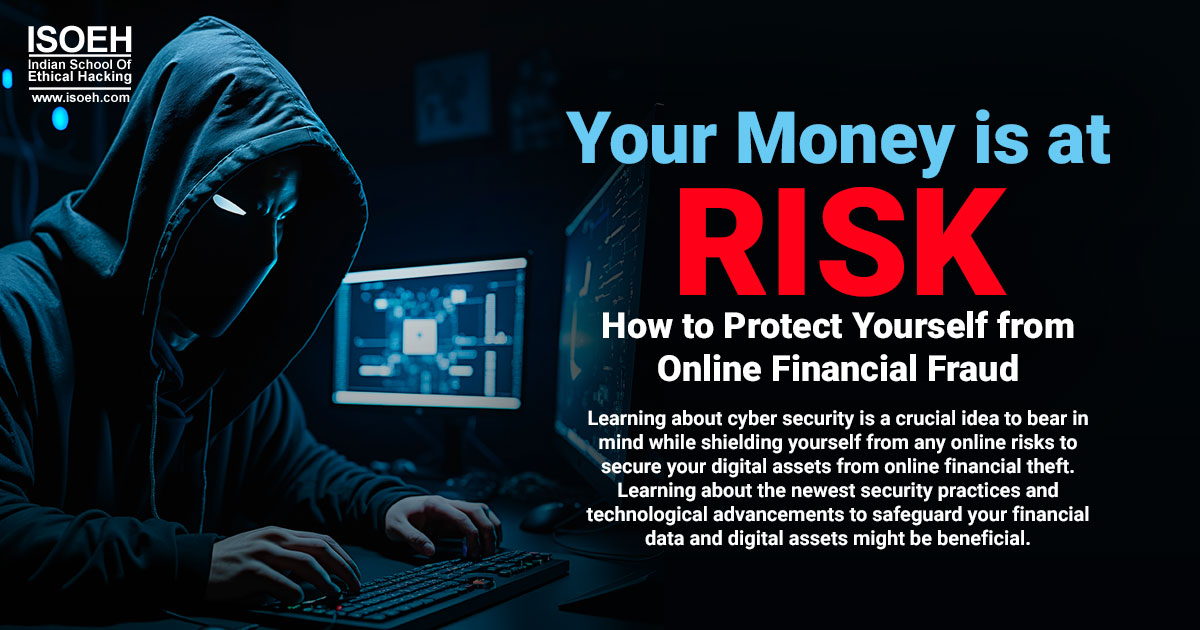
Contents
Introduction: What is Online Financial Fraud and Why You Need to Protect Yourself
Online financial fraud is growing at a staggering rate. Victims of fraud and malevolent acts lose hundreds of millions of dollars annually all across the world. It's critical to comprehend not just how financial fraud occurs online but also how you can safeguard yourself against it. This article will define online financial fraud, explain its consequences, and explain how you can safeguard your digital assets by enrolling in ethical hacking courses, earning a diploma in ethical hacking, taking cyber security classes, mobile penetration testing courses, and other courses.
What Is Online Financial Fraud?
Unauthorised use of a person's digital identity or account information for nefarious intent, including data or money theft, is known as online financial fraud. Phishing schemes, malware infections, data breaches, card skimming, identity theft, and other criminal techniques can all lead to it. With the rapid advancement of technology, these attacks become more complex. When using internet services, it's critical to exercise caution and be aware of any potential risks.
Effects of Online Financial Fraud
 Financial fraud committed online can have disastrous consequences for both people and companies. For individuals, it may mean that their private information is compromised or that their hard-earned money is lost. Businesses may suffer large losses as a result of money being pilfered or private information being compromised. Furthermore, emotions of betrayal and mistrust may cause psychological harm to victims of online financial fraud.
Financial fraud committed online can have disastrous consequences for both people and companies. For individuals, it may mean that their private information is compromised or that their hard-earned money is lost. Businesses may suffer large losses as a result of money being pilfered or private information being compromised. Furthermore, emotions of betrayal and mistrust may cause psychological harm to victims of online financial fraud.
Different Types of Online Financial Fraud
Phishing Scams
One of the most prevalent forms of Internet financial fraud is phishing schemes. Sending emails or messages purporting to be from a reputable business or financial institution is the tactic used in this kind of fraud. Usually, the message will ask for sensitive information, like your bank account number or credit card number. If you reply with this information, they can use it to access your accounts and steal money. Always confirm the sender before sending any information, and never click on links in emails or messages you get from unidentified sources, to prevent becoming a victim of this kind of fraud.
Identity Theft
Another prevalent kind of internet financial crime is identity theft. To access funds in your accounts without your consent, entails someone taking your personal information, such as your date of birth, address, Social Security number, or bank account information. Make sure that all of your personal information is safe, and periodically check your credit reports for any unusual activity to safeguard yourself from this kind of scam.
Credit Card Fraud
Typically, credit card fraud involves someone using credit card numbers or other information that has been stolen to make purchases without the owner's consent. By following a few safety measures, such as never providing your credit card information over the phone or online and regularly monitoring your statement for unusual activity, you may frequently avoid this kind of fraud.
Investment Fraud
A type of online financial crime known as investment fraud entails the use of dishonest methods to get investors to make potentially fraudulent or unprofitable investments. Avoid being a victim of this kind of fraud by doing extensive research on investments before making any purchases and by never making an investment based only on someone's advice without first verifying the veracity of their statements.
How to Identify If You're at Risk
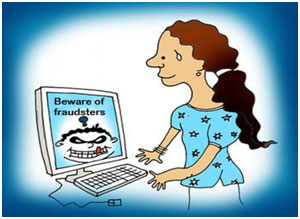 It pays to be proactive because there is a real risk of financial fraud while transacting online. Taking cyber security, mobile penetration testing, and ethical hacking courses, such as the diploma in ethical hacking, are all great strategies to safeguard your digital assets. But it's crucial to understand the risks involved before making such an investment.
It pays to be proactive because there is a real risk of financial fraud while transacting online. Taking cyber security, mobile penetration testing, and ethical hacking courses, such as the diploma in ethical hacking, are all great strategies to safeguard your digital assets. But it's crucial to understand the risks involved before making such an investment.
Counting the number of accounts you use for online transactions will help you determine whether you are in danger of falling victim to financial fraud. Do you use a single account or several different ones? How frequently do you use them? It's critical to recognise the potential risks associated with many users accessing an account from various devices. Consider who may have access to these accounts and from what location. The account holder's device may be used maliciously by others if they are not connecting via a secure connection or if malware has compromised their machine.
The Top-Do List to Prevent Online Financial Scams
Stay informed about current scams
 Financial fraudsters operating online are continuously devising new plans and strategies to steal the money or personal information of their victims. You'll be more likely to identify them before they cause issues.
Financial fraudsters operating online are continuously devising new plans and strategies to steal the money or personal information of their victims. You'll be more likely to identify them before they cause issues.
Keep an eye on your accounts
Monitoring your credit card and bank accounts regularly will help you stay on top of any questionable activity. Get in touch with your bank straight immediately if you discover any unexpected or unusual charges or withdrawals.
Use strong passwords
To prevent cybercriminals from accessing your accounts, you must create strong passwords for each one. When feasible, you should also think about utilising two-factor authentication, which adds a degree of security against hackers.
Be wary of emails and links
It's crucial to exercise caution when responding to emails from senders you don't recognise or that contain dubious links or attachments because phishing emails are among the most popular techniques used by scammers to attempt to access people's accounts or personal information.
Avoid public Wi-Fi networks
Hackers frequently target public Wi-Fi networks because they provide a simple means of gaining access to users' data without requiring physical access to their devices. Because of this, it is advised to stay away from it if at all feasible, especially while visiting websites like banking or e-commerce that involve the exchange of sensitive data.
Conclusion
Learning about cyber security is a crucial idea to bear in mind while shielding yourself from any online risks to secure your digital assets from online financial theft. Learning about the newest security practices and technological advancements to safeguard your financial data and digital assets might be beneficial.
You may protect yourself against online financial theft by adopting the appropriate safeguards and actions. You should be aware of dubious emails, phoney websites, and other possible dangers in addition to taking ethical hacking classes and participating in other training initiatives. It might be far more difficult for thieves to access your data if you use two-factor authentication.
Keeping up with the most recent security procedures and knowing how thieves prey on victims is crucial to safeguarding yourself against financial fraud committed online. In this day and age of advanced technology, you can stay safe if you have the appropriate mindset and understanding of cyber security. Enrolling in mobile penetration testing classes, earning an ethical hacking diploma, or investing in ethical hacking courses are all excellent strategies to make sure your digital assets are safe.
Hacking Tools
Explore All Hacking Tools »
UFTP is an encrypted multicast file transfer program for secure, reliable & efficient transfer of files. It also helps in data distribution over a satellite link.
Read DetailsBreaking News
Breaking News Of Each Month »
The recent pandemic was unexpected and unknown to most part of the world. It has changed our life and we are slowly adapting to our new lifestyle. The risks associated with the new lifestyle, both personal & corporate, are unknown to most of us.
Read Details



